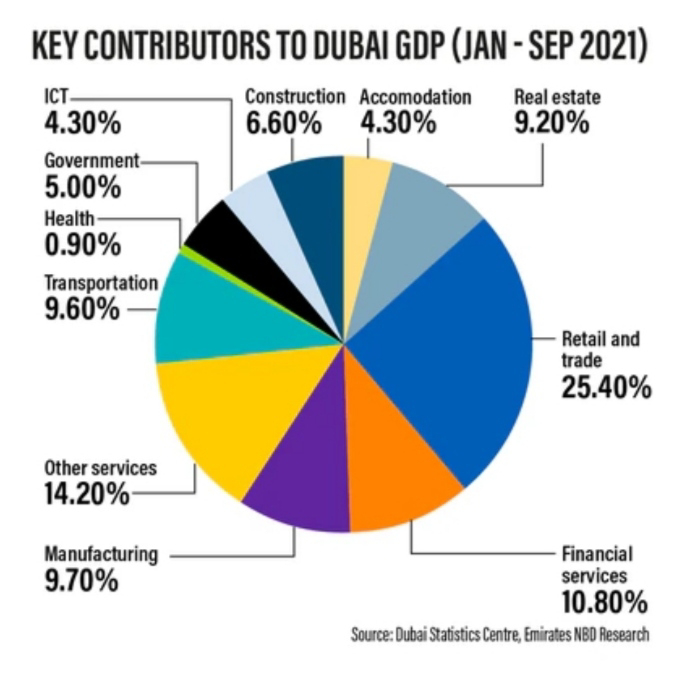New Zealand 'Economic Data'.
New Zealand 'Economic Data'.
Here are some key economic data points regarding New Zealand.
1. GDP :- As mentioned earlier, New Zealand's GDP in 2019 was NZD 317.9 billion. The country is considered a developed economy and is ranked 39th in the world by GDP (PPP).
2. Inflation :- New Zealand's inflation rate was 1.5% in the first quarter of 2021, up from 1.4% in the previous quarter. The Reserve Bank of New Zealand has a target inflation rate of 1-3%.
3. Unemployment :- The unemployment rate in New Zealand was 4.7% in the first quarter of 2021, down from 5.2% in the previous quarter.
4. Trade :- New Zealand is heavily reliant on international trade, with exports making up over 20% of GDP. The country exports a range of products including dairy, meat, wool, wine, and forestry products. New Zealand also imports a wide range of goods, primarily from Australia, China, and the United States.
5. Fiscal policy :- The New Zealand government has generally pursued a policy of balanced budgets and has not run a fiscal deficit since 2015. However, the government has also introduced policies aimed at reducing inequality and addressing issues such as climate change and housing affordability.
6. Monetary policy :- The Reserve Bank of New Zealand sets monetary policy, with a key focus on maintaining price stability and a sound financial system. The bank has implemented a range of measures to support the economy during the COVID-19 pandemic, including cutting interest rates and launching a significant quantitative easing program.
Overall, New Zealand has a diverse and open economy, with a government that is focused on both economic growth and addressing social and environmental issues. The country has weathered the impact of the COVID-19 pandemic relatively well and is likely to continue to be an important player in the Asia-Pacific region.



Comments
Post a Comment